Science
-
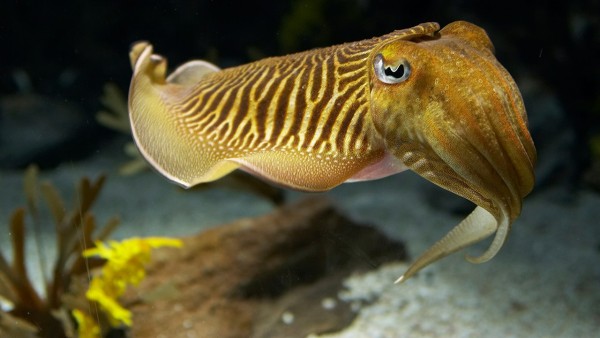
When cuttlefish hold their breath, they become nearly invisible to sharks
Scientists have long known that cuttlefish (Sepia officinalis, shown) and some of their kin stop breathing when threatened by predators, but they supposed that freezing in place merely aided the […]
-
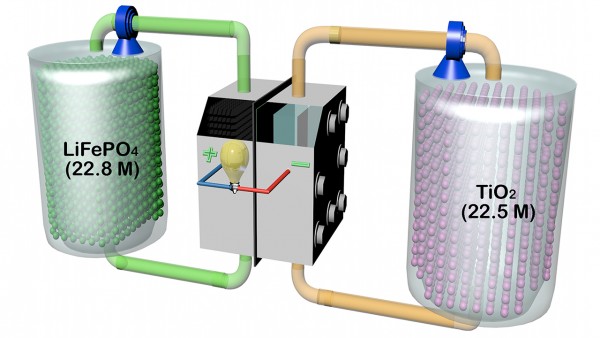
New type of ‘flow battery’ can store 10 times the energy of the next best device
Industrial-scale batteries, known as flow batteries, could one day usher in widespread use of renewable energy—but only if the devices can store large amounts of energy cheaply and feed it […]
-
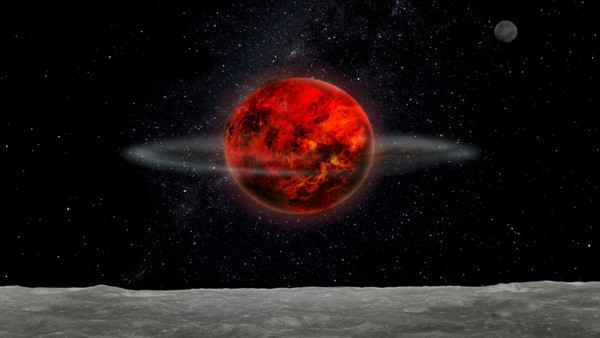
How the moon got its tilt—and Earth got its gold
Miniplanets zooming through our early solar system passed close to our moon and tugged it into the strange, tilted orbit it has today, according to a new study. The findings […]
-

In electrifying advance, researchers create circuit within living plants
Talk about flower power. Researchers have crafted flexible electronic circuits inside a rose. Eventually such circuitry may help farmers eavesdrop on their crops and even control when they ripen. The […]
-
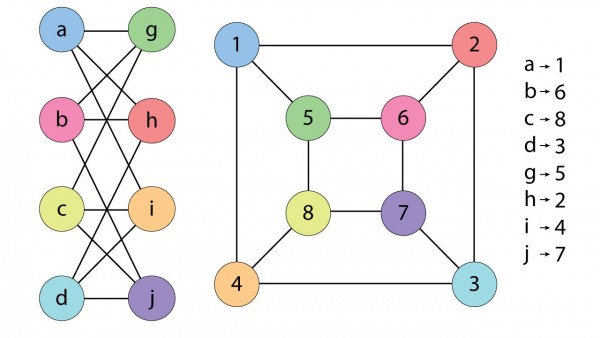
Mathematician claims breakthrough in complexity theory
For days, rumors about the biggest advance in years in so-called complexity theory have been lighting up the Internet. That’s only fitting, as the breakthrough involves comparing networks just like […]
-

Nonreligious children are more generous
Religious doctrines typically urge the faithful to treat others with compassion and to put the greater good before selfish interests. But when it comes to generosity, nonreligious kids seem to […]
-

Feature: How the Amazon became a crucible of life
The western Amazon, which includes parts of Peru, Ecuador, Colombia, and northwestern Brazil, “is the most diverse region in the world in terms of plants,” says Christopher Dick, an evolutionary […]
-
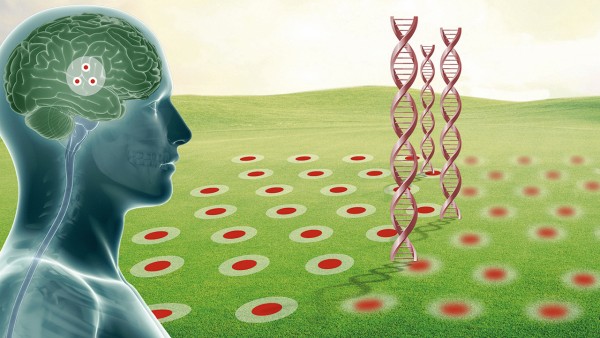
Alzheimer’s disease tied to brain’s navigation network
The way you navigate a virtual maze may predict your chances of getting Alzheimer’s. That’s the conclusion of a new study, which finds that people at risk for Alzheimer’s have […]
-
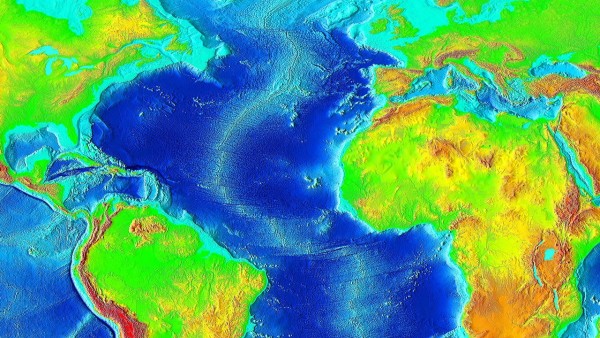
Climate cycles didn’t shape ocean’s abyssal hills
Can Earth’s ice ages be seen in the undulating fabric of the sea floor? Earlier this year, a pair of papers suggested that long-term cycles of glaciation and melting trigger […]
